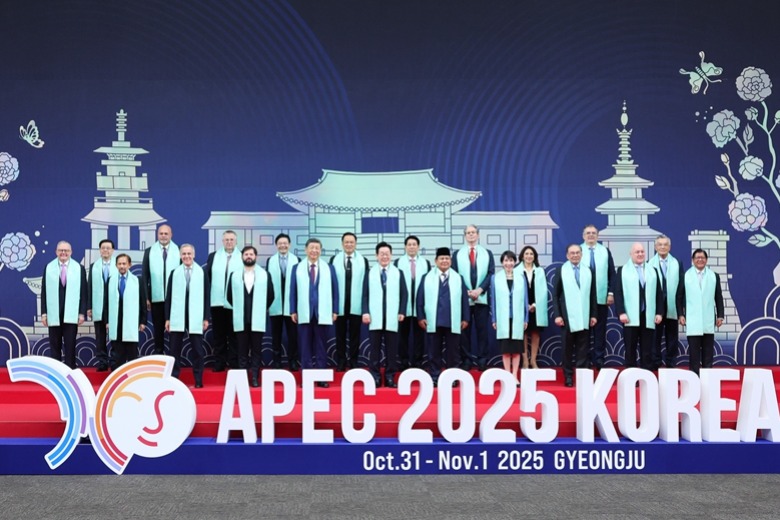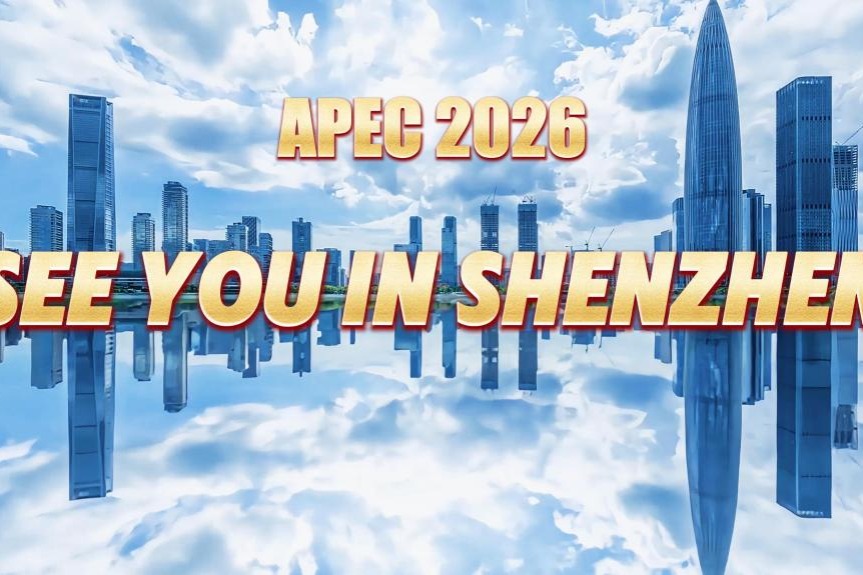Removing the hurdles
China-Europe relations do not target a third party, but to get rid of US' controls, the EU should implement its stated policy of 'strategic autonomy' by completely abandoning the myth of dependency on the US


China-Europe relations do not target a third party, but to get rid of US' controls, the EU should implement its stated policy of 'strategic autonomy' by completely abandoning the myth of dependency on the US
China and Europe are expecting a warmer relationship amid frequent high-level interactions, including the visits to China by French President Emmanuel Macron and European Commission President Ursula von der Leyen, and strengthening mutual trust and cooperation with China has become all the more important.
In a world with a growing peace deficit, both China and Europe deeply cherish peace. China's development path and European integration both require world peace, making the two natural partners for safeguarding world peace. No country can thrive in isolation in an increasingly turbulent world; countries have to stick together to oppose hegemonic, domineering and bullying practices. China and Europe must, therefore, work together to safeguard world peace. In April 2022, President Xi Jinping proposed the Global Security Initiative as a way to uphold "common, comprehensive, cooperative and sustainable security" for jointly holding world peace and security. Europe is also considering a new European security order in the wake of the Russia-Ukraine conflict. This provides a good foundation for China-Europe dialogue and cooperation in the field of security.
If every country in the world builds "small yards with high fences" and fights its own battle by hiding behind the suspension bridge, the world economy has no chance of restoring growth, but could slide into a recession or even the abyss of a great depression.
Both China and the European Union are open economies that benefit tremendously from economic globalization. Without an open and predictable world economic environment, the development of both sides would encounter great difficulties — anti-globalization and deglobalization serve neither China nor the EU's interests. The combined economic aggregate of China and the EU accounts for one-third of the world economy, making them two major markets for common development. China and the EU are closely tied in economy with mutually beneficial cooperation that not only benefits the two peoples, but also provides a stellar example of economic exchanges between world economies. In the years to come, the two sides have greater responsibility to maintain the openness of the world economy.
China and Europe stand as two major civilizations advancing human progress, both with long-standing historical and cultural traditions. The two sides are both making earnest efforts to improve global governance and have some similar propositions that create room for cooperation; closer bilateral ties could advance bilateral cooperation in global governance. They should jointly uphold the authority of the United Nations, maintain the normal functioning of multilateral organizations including the World Trade Organization, and oppose such hegemonic practices as marginalizing multilateral organizations and getting unilateralism into full swing.
That said, certain issues have restricted the breadth and depth of China-Europe cooperation. Bilateral cooperation in a new era is faced with new requirements and new opportunities.
The first requirement is to transcend ideological differences.
There are no fundamental strategic differences or conflicts between China and the EU. The so-called values issue is one of the major causes for bilateral divergences and contradictions and the biggest stumbling block to bilateral cooperation. In 2019, the EU put forth the idea of dealing with China simultaneously as a partner for cooperation and negotiation, an economic competitor and a systemic rival. Over the past three years, the EU's triple positioning for China is gradually sliding toward the last two or even the last positioning — a systemic rival — thus politicizing its China policies and greatly undermining the potential of bilateral cooperation. Such a development trend is detrimental to their respective development and world peace and development. Only when the EU rises above ideological antagonism and transcends ideological divergences can China-EU mutual trust be fundamentally strengthened and mutual beneficial cooperation be deepened.
The second one is to abandon the zero-sum mentality.
Economic cooperation is the bedrock and the most dynamic part of China-EU ties, with decades-long development bringing concrete benefits to both sides. China-EU trade exceeded $840 billion in 2022, hitting a new record high.
However, in recent years, the EU is increasingly viewing China-EU economic relations from the perspectives of values and competition. The EU has started to take mutually beneficial economic cooperation as a battle that one side wins and the other side must lose, changing its China policy from promoting bilateral relations to setting up barriers to impede the sound growth of bilateral ties.
Mutual interdependence in stable China-EU relations is very normal and fairly beneficial for both sides against the backdrop of economic globalization. China was not, is not, and will never be a threat to the European economy. We sincerely hope that the EU can transcend the competition trap and embrace pragmatic cooperation.
The third one is to get rid of the inertia of its strategic dependence on the United States.
For a long time, the EU and European countries have been relying heavily on the US for defense and security. Without complete independence on the world stage, they have been, to a great extent, subject to Washington's attitude, especially on major strategic and security issues. Therefore, the US factor has always been a crucial factor in China-EU relations. Over the past few years, following a decline in its hegemonic status, the US has been implementing a comprehensive containment strategy toward China out of anxiety. It is also doubling down efforts to pressurize European countries to be its accomplice in containing China's development. As a result, the US' shadow in China-EU relations is getting larger and larger.
In the meantime, the US has further tightened its control over Europe in defense and energy areas through the Ukraine conflict. Some European countries, especially those in Central and Eastern Europe and North Europe, have growing doubts toward strategy autonomy and are unwilling to displease the US, further impeding the process of achieving the EU's strategic autonomy. Currently, some European countries, including France, have not given up their efforts at pursuing strategic autonomy. French President Macron recently reiterated that France and Europe must not be US vassals. China-EU relations are not targeted at a third party. But to get rid of the US' controls, the EU must truly implement its stated policy of "strategic autonomy" and completely abandon the myth of dependency on the US.
The author is the assistant president of the China Institutes of Contemporary International Relations and the director of the CICIR Institute of European Studies. The author contributed this article to China Watch, a think tank powered by China Daily. The views do not necessarily reflect those of China Daily.
Contact the editor at editor@chinawatch.cn


































